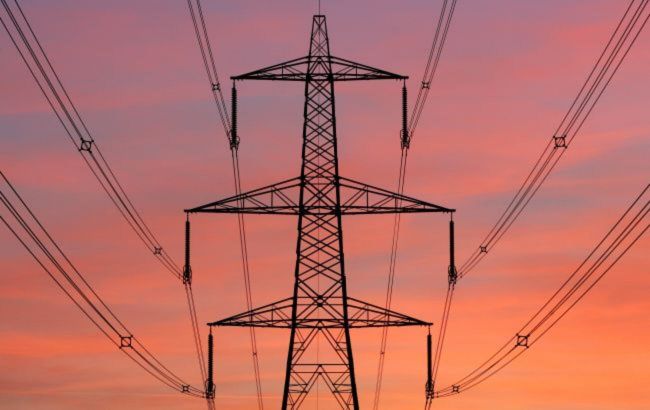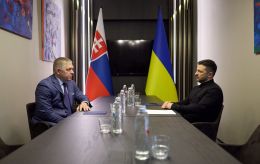Ukraine and G7 discuss urgent energy support before winter
 Illustrative photo: G7+ to continue helping Ukraine strengthen its energy system (Getty Images)
Illustrative photo: G7+ to continue helping Ukraine strengthen its energy system (Getty Images)
Ukraine is continuing active negotiations with international partners on expanding assistance to the energy sector ahead of the heating season. The talks focus on restoring facilities damaged by Russian attacks and strengthening the system’s resilience to new threats, according to a statement by the Ministry of Energy.
Ukraine’s Minister of Energy, Svitlana Hrynchuk, held an online meeting with representatives of the G7+ countries, during which the parties discussed the sector’s priority needs and possible additional mechanisms for international support.
The discussion followed an emergency meeting of the G7+ group held several days earlier. Since then, Russia has launched new large-scale strikes against Ukraine’s energy infrastructure, further worsening the situation in frontline regions. The Ukrainian side briefed its partners on the consequences of the attacks and ongoing repair efforts.
Key areas of support
During the meeting, Hrynchuk noted that Russian strikes in 2025 have become more targeted, focusing primarily on energy facilities and gas infrastructure in frontline regions. The aggressor’s goal, she said, remains to destabilize the energy system and create humanitarian pressure on civilians.
According to the minister, Ukraine requires support in procuring equipment for rapid repairs, protecting critical facilities, accumulating technical and material reserves, and replenishing imported gas stocks.
Ukraine has already prepared a list of urgent priority needs, which has been submitted to G7+ representatives. These include strengthening air defense systems to protect infrastructure, securing additional financial resources, and accelerating the delivery of replacement equipment for damaged sites.
International cooperation and readiness for assistance
The Ukrainian side expressed gratitude to its allies for their continued assistance and emphasized that partner support is crucial for ensuring a stable heating season.
G7+ representatives confirmed their readiness to continue helping Ukraine and to explore new instruments for enhancing energy resilience.
Earlier, the energy company Yasno, part of the DTEK Group, announced that it will provide 20 grants to veteran-owned businesses, allowing each recipient to save around 300,000 hryvnias on electricity costs over six months. The program does not require complex applications, business plans, or reporting; it is designed as a simple form of financial assistance for those who defended the country and are now building their own enterprises.
Meanwhile, Russia is reportedly facing a severe electricity deficit, with a shortfall reaching 25 gigawatts. Intelligence sources attribute the crisis to a growing imbalance between rapidly rising consumption and insufficient development of energy infrastructure. Most of the country’s thermal power plants are over 30 years old, and more than 70% of the equipment is worn out, leading to frequent breakdowns and transmission overloads.

